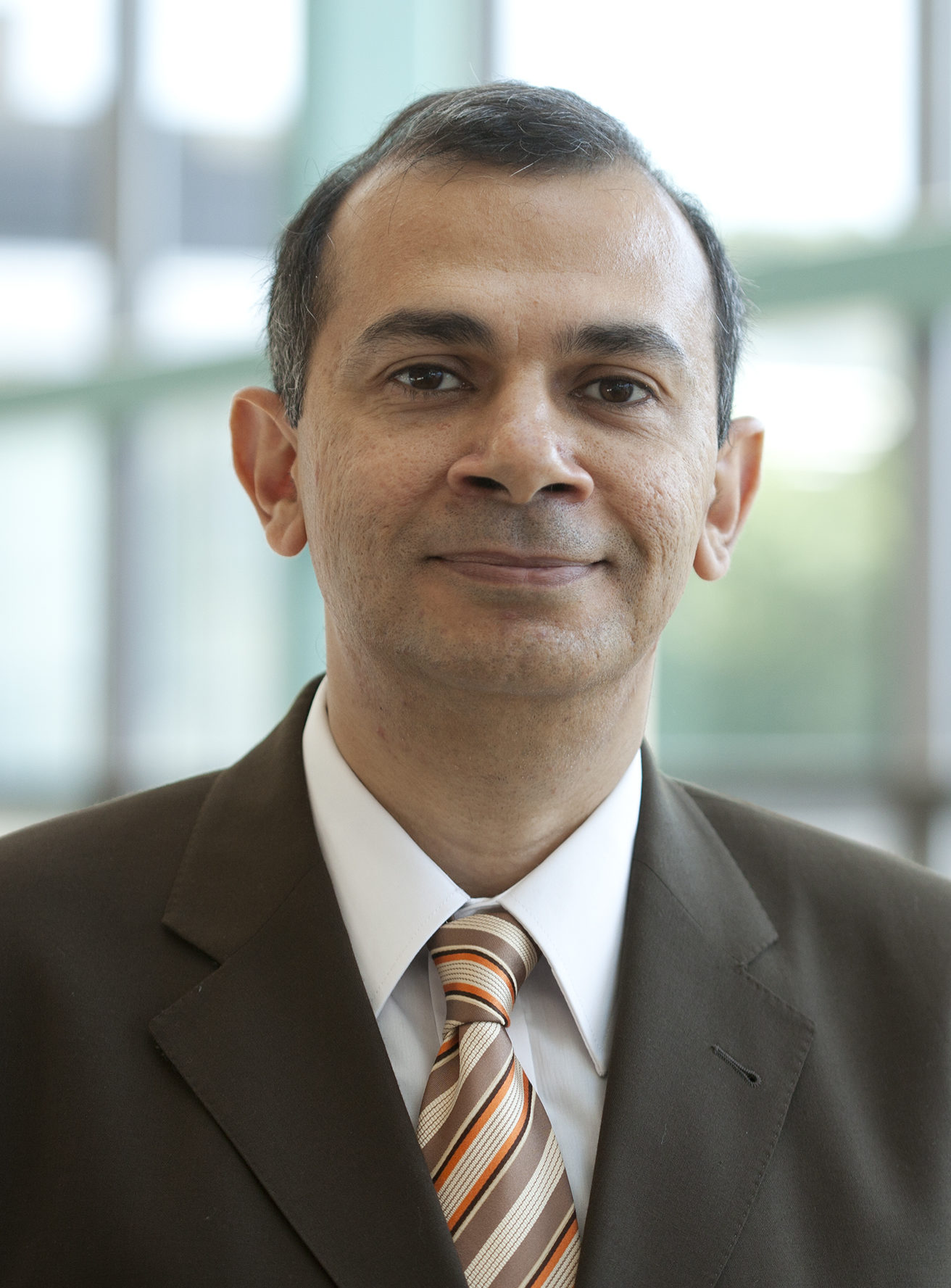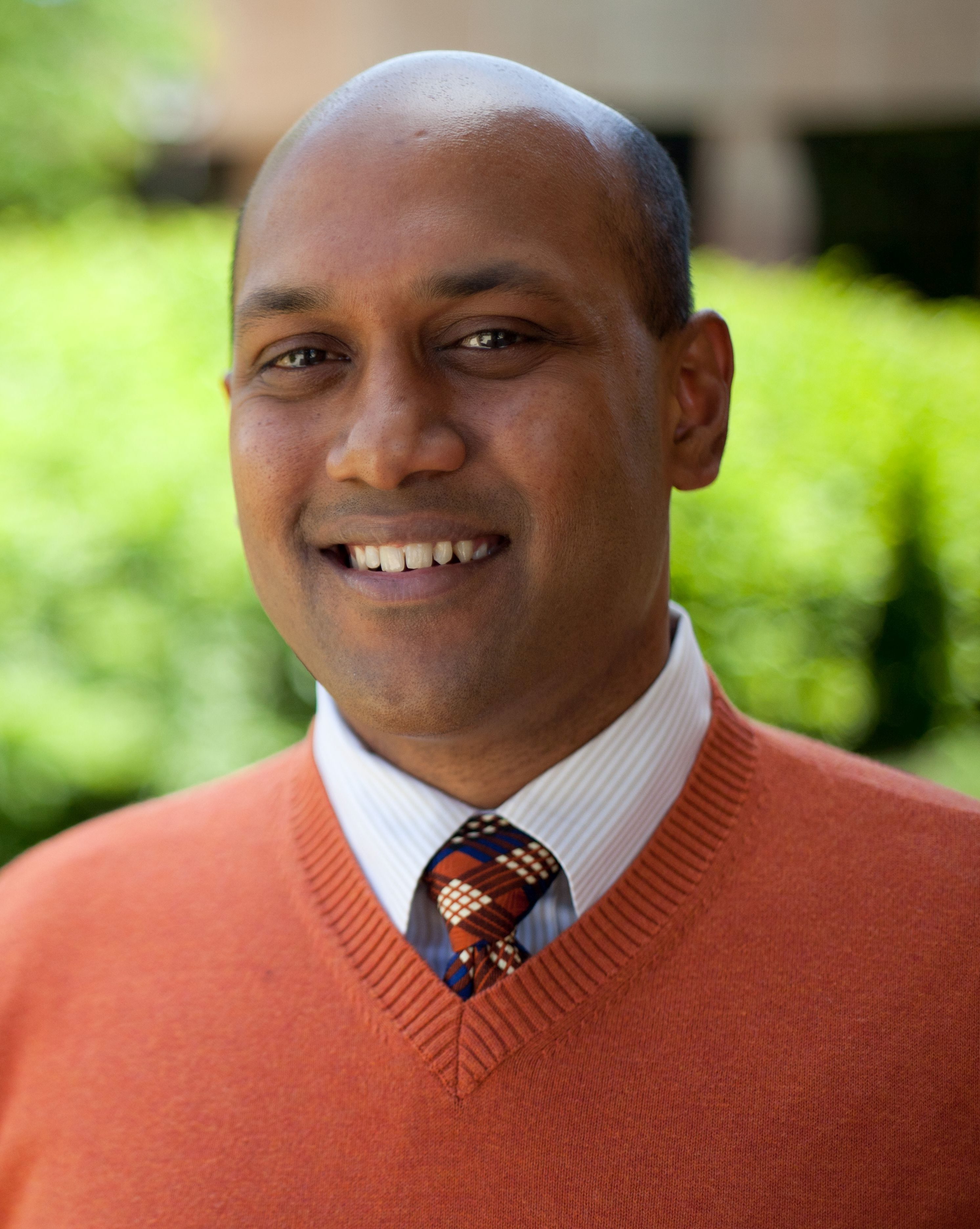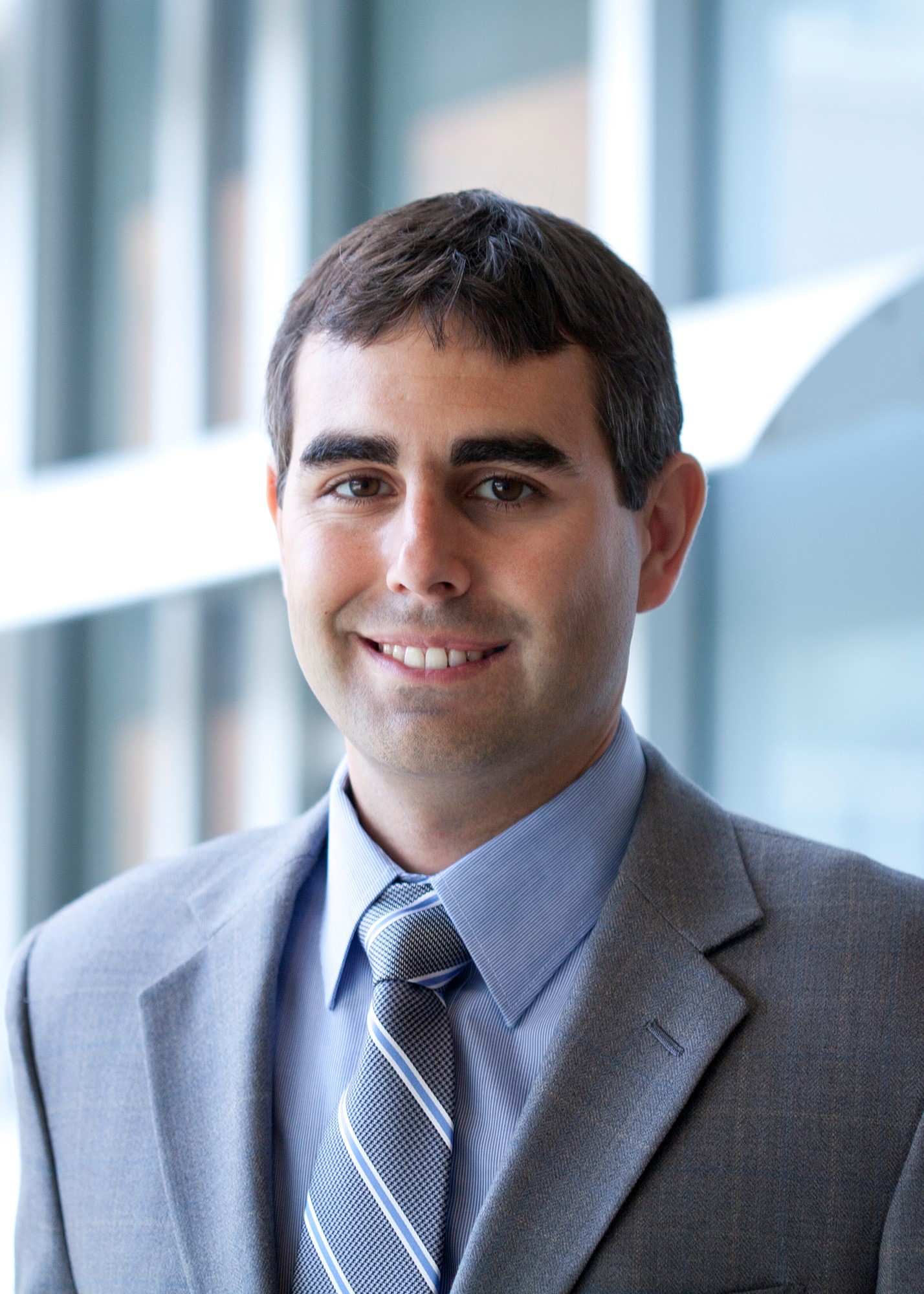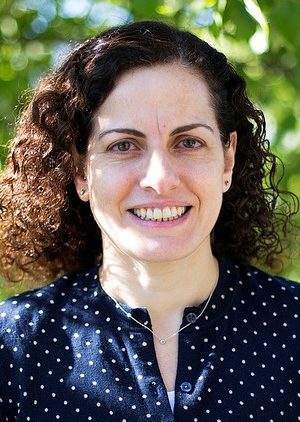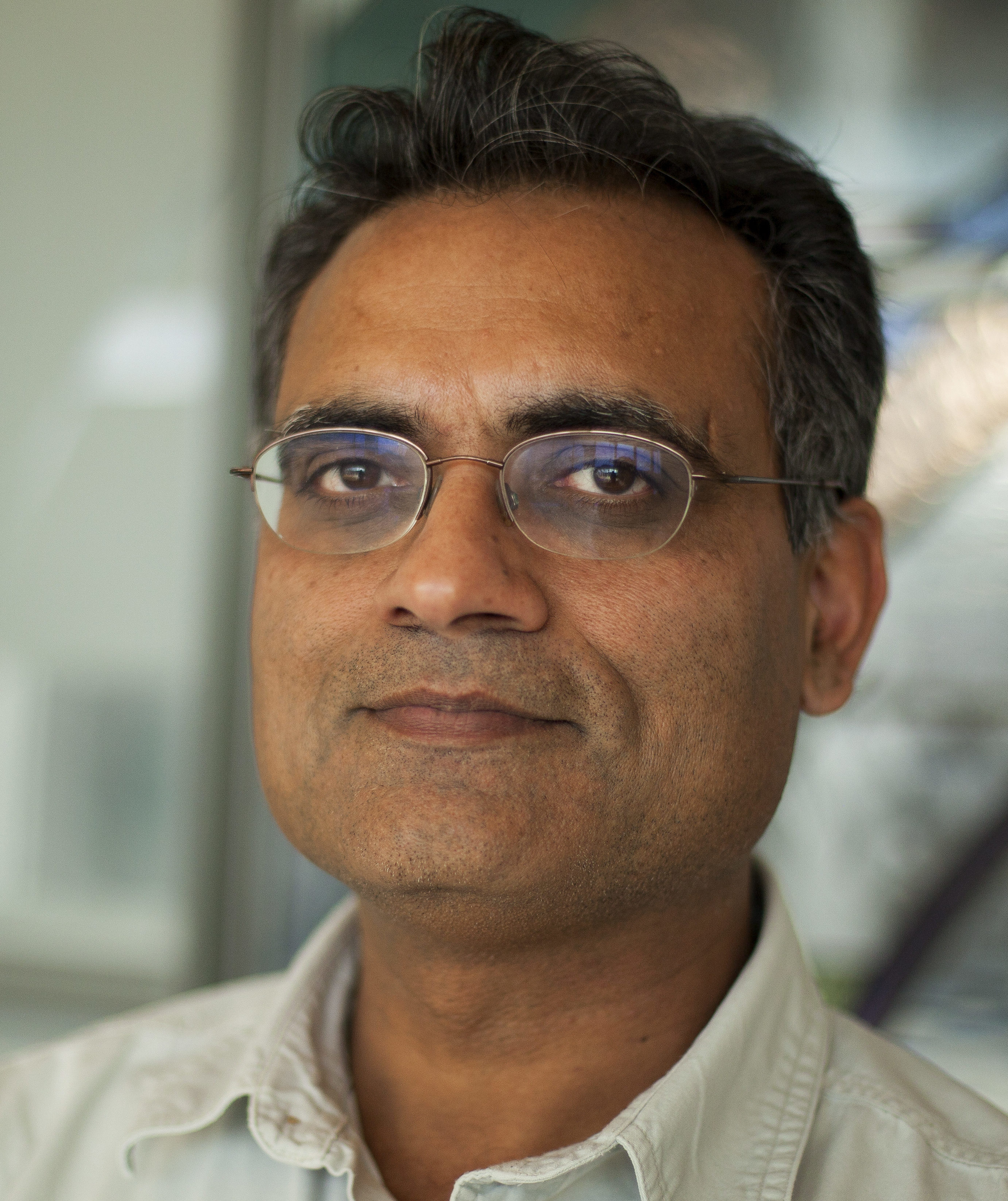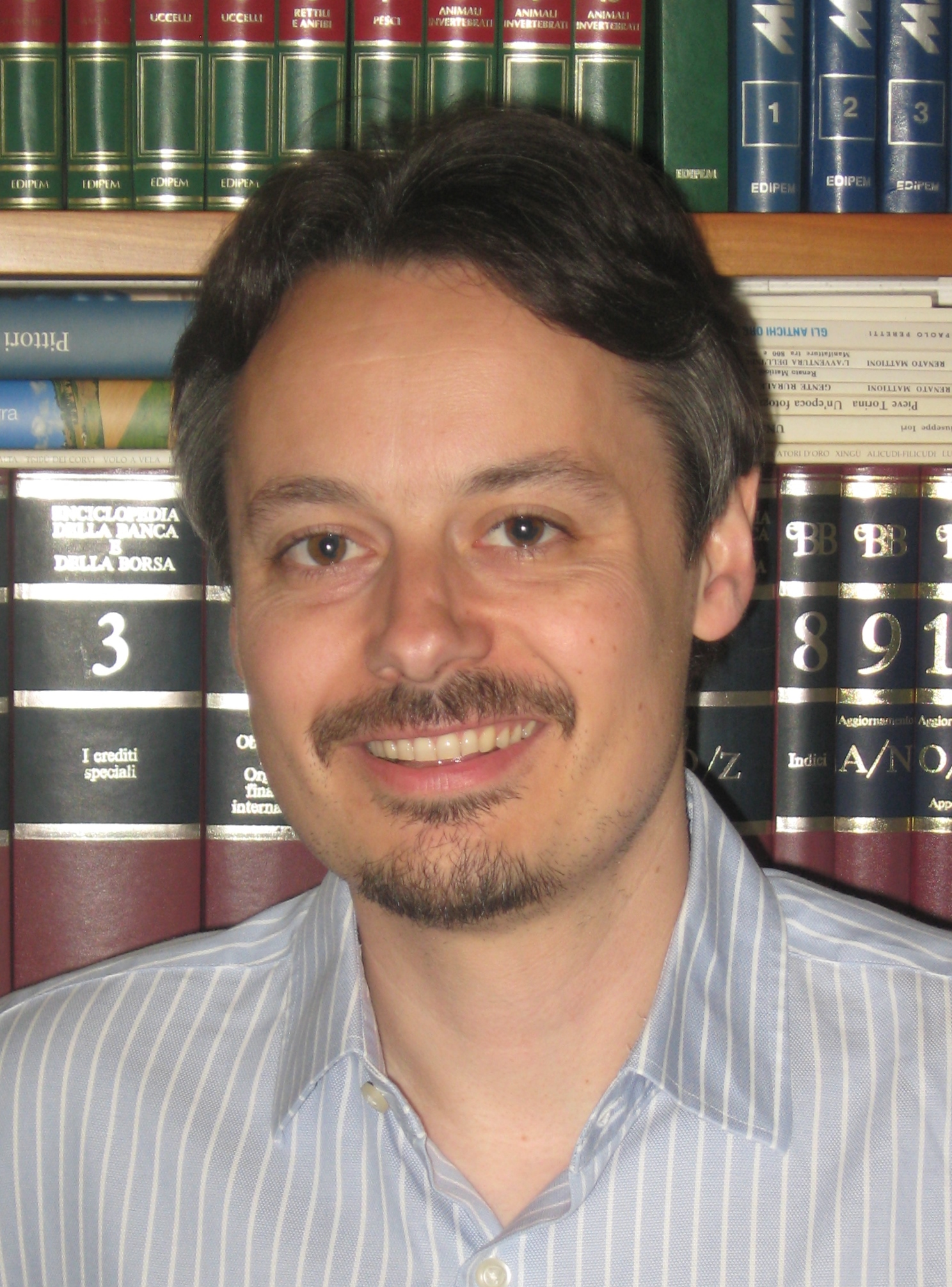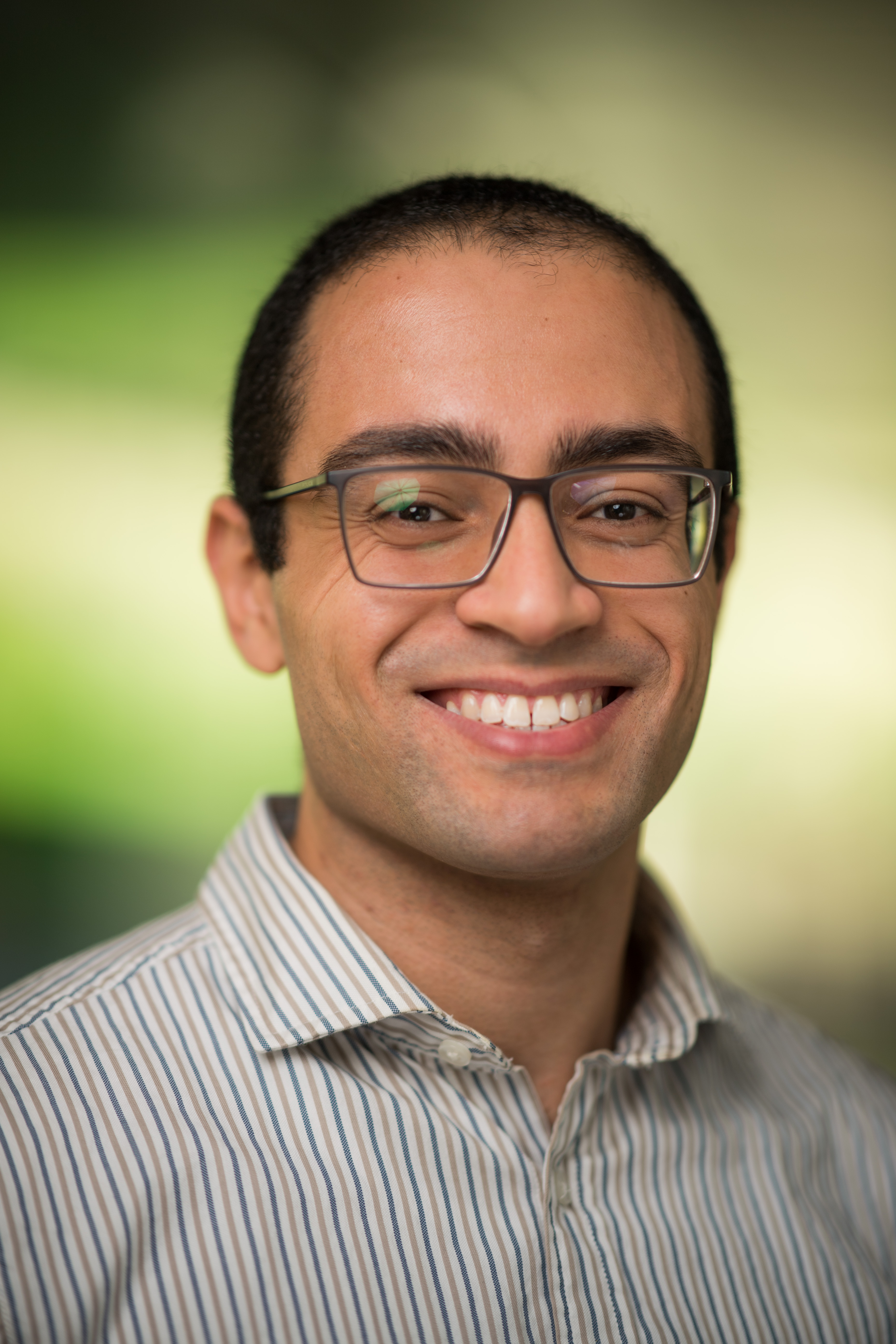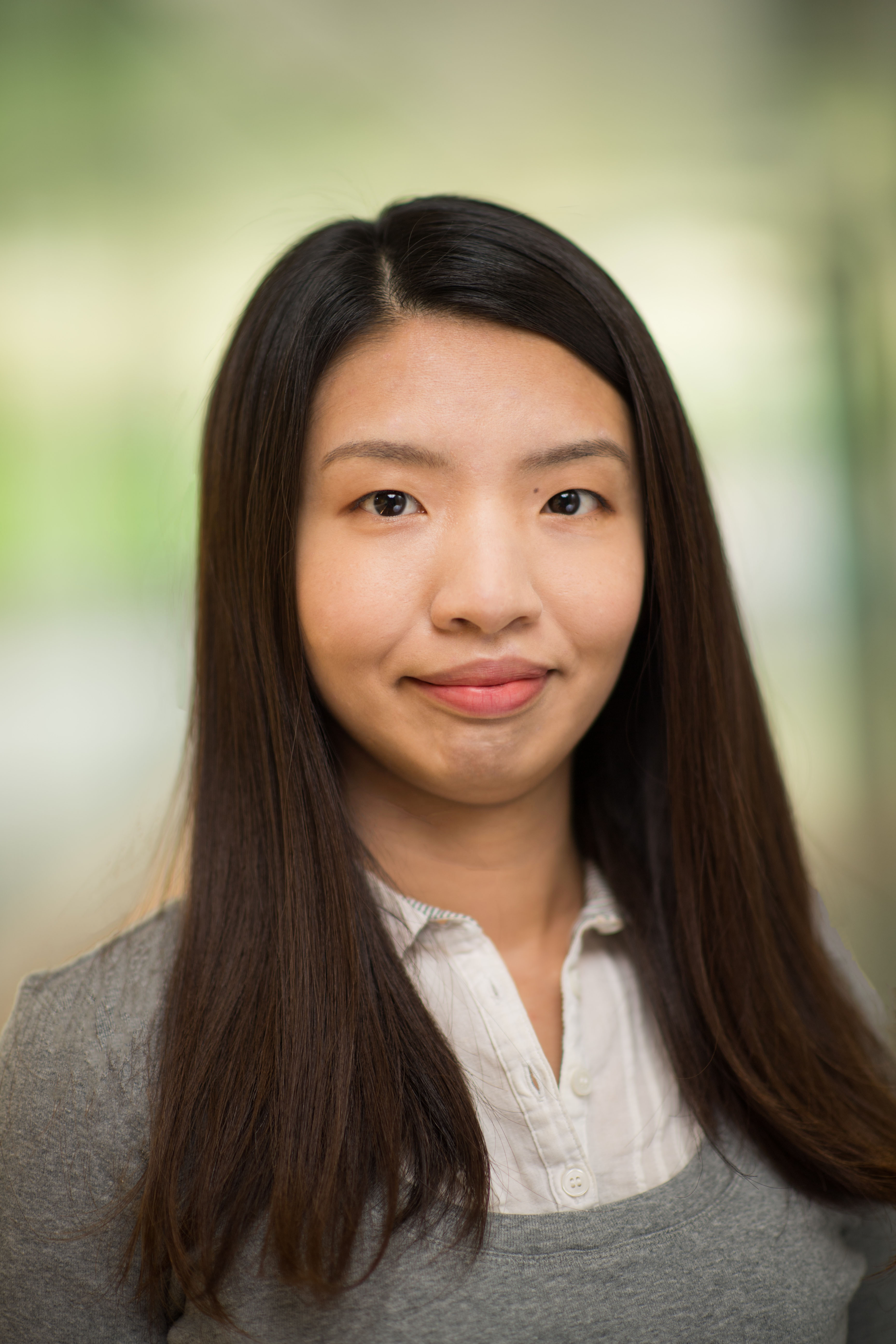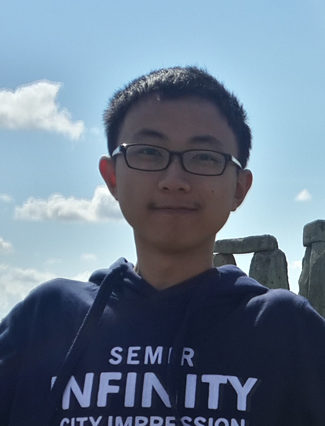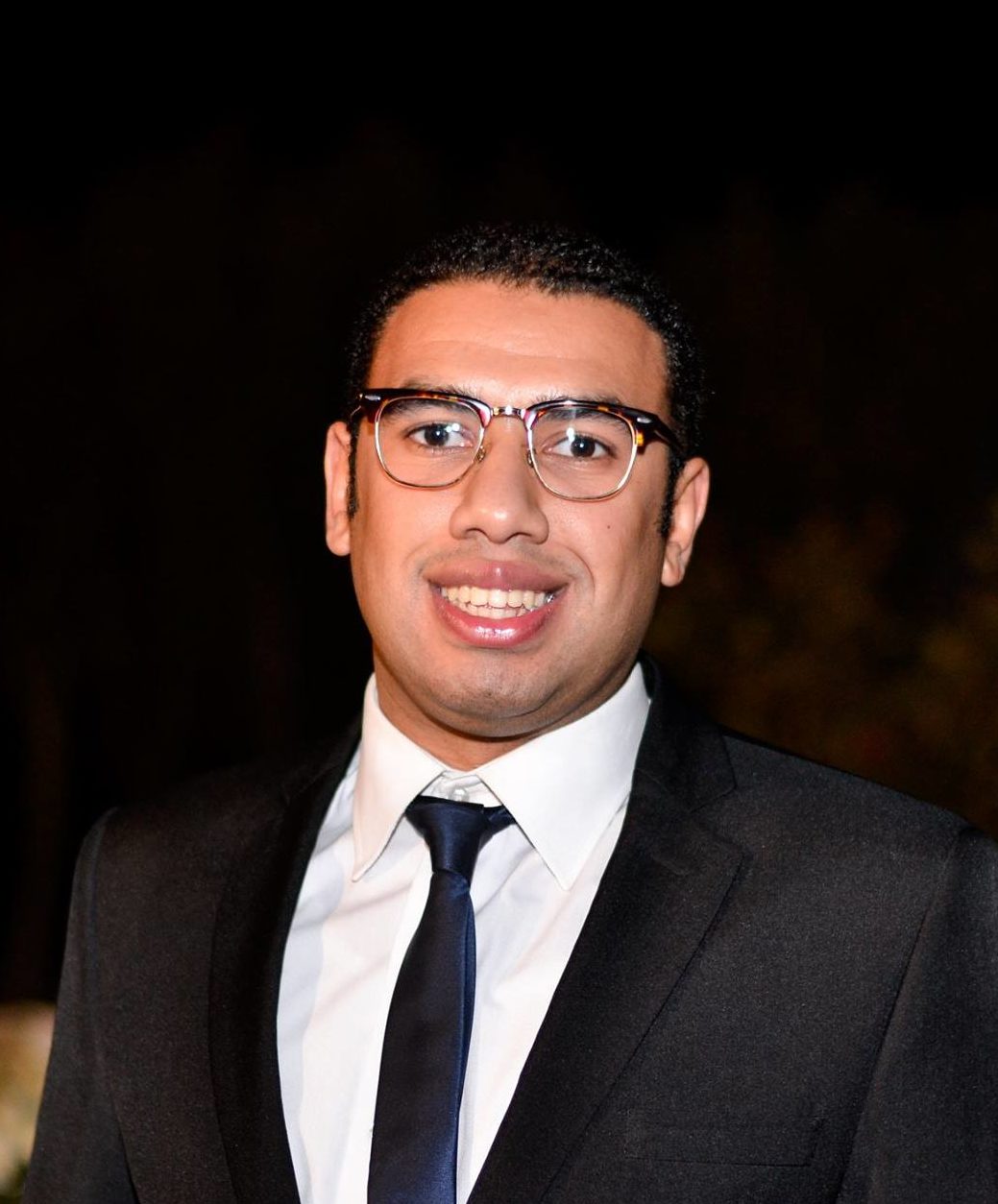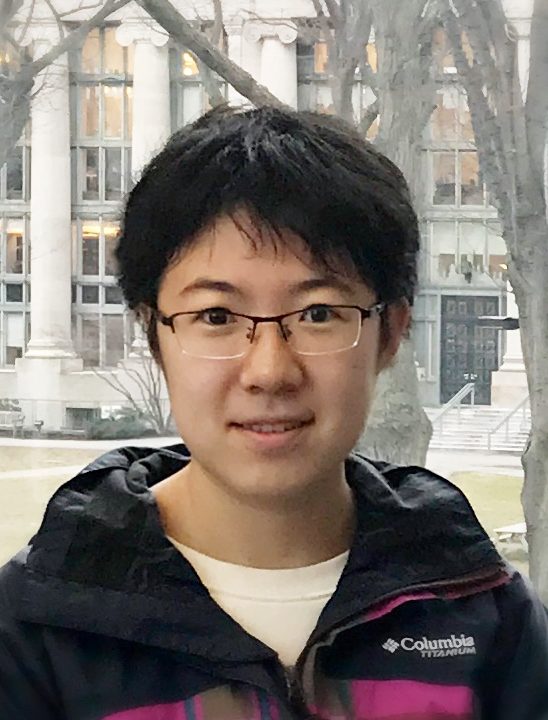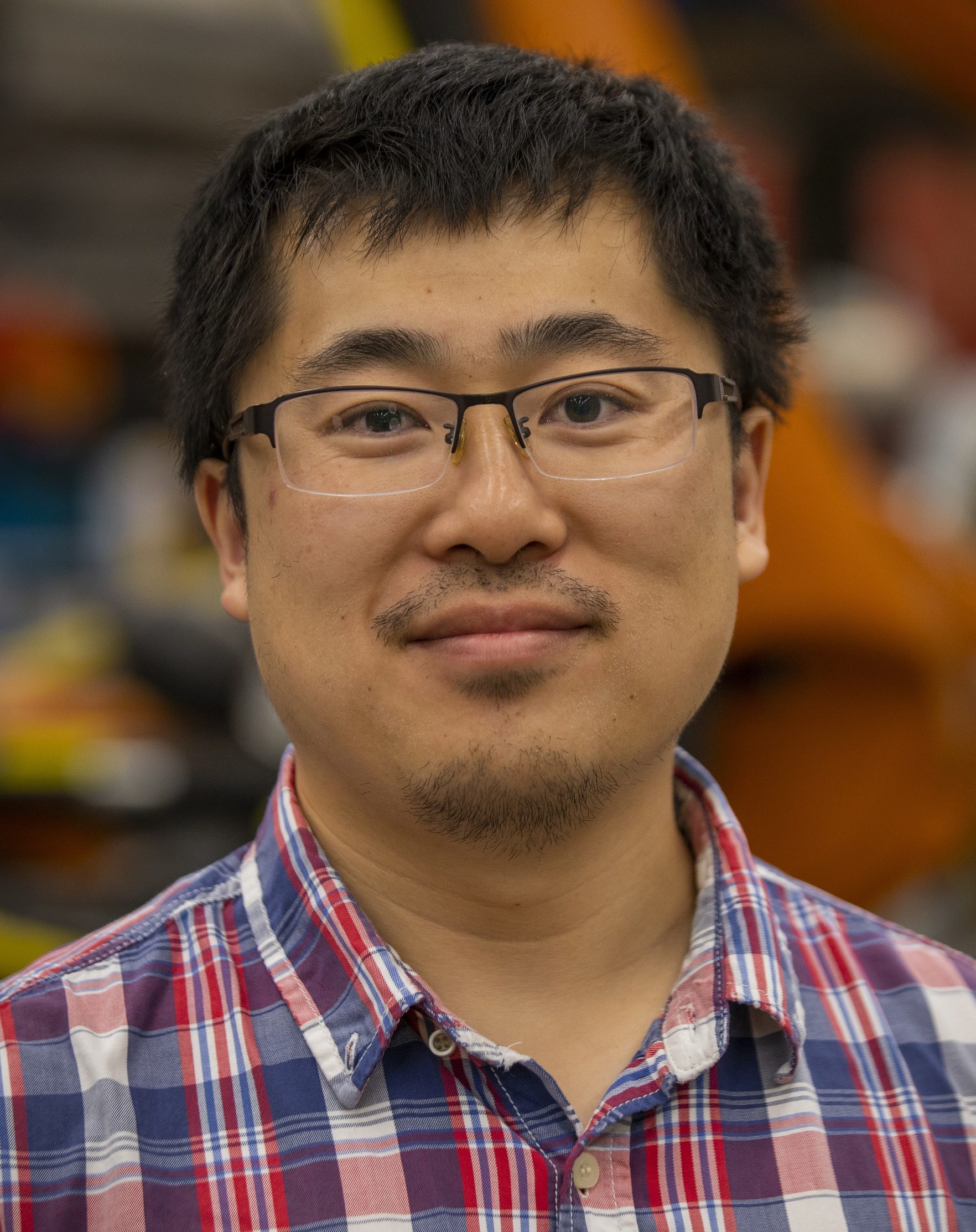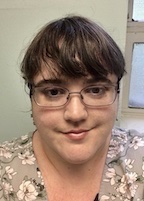Faculty:
Dr. Sherif El-Tawil
Role: Professor, ICoR Project Director
Affiliation: University of Michigan – Ann Arbor, USA
Research: Earthquake engineering, community resilience, disaster management, and computational simulation as applied to these topics.
Contact:
Email: [email protected]
Dr. Benigno Aguirre
Role: Emeritus Professor
Affiliation: Disaster Research Center, University of Delaware, USA
Research: Collective Behavior and Social Movements, Sociology of Disasters, Evacuation, Migration, Race and Ethnic Relations.
Contact:
Email: [email protected]
Links:
Personal page
Dr. Vineet R. Kamat
Role: Professor, ICoR Project Deputy Director
Affiliation: University of Michigan – Ann Arbor, USA
Research: Composable simulation, Real-time visualization, Smart and connected cities, Automation and robotics, and their applications to civil infrastructure systems.
Contact:
Email: [email protected]
Dr. Jason McCormick
Role: Associate Professor, ICoR Project Deputy Director
Affiliation: University of Michigan – Ann Arbor, USA
Research: Earthquake engineering, wind engineering, experimental testing, steel systems, hollow structural sections, innovative materials and community resilience simulation
Contact:
Email: [email protected]
Dr. Carol Menassa
Role: Associate Professor, ICoR Co-Principal Investigator
Affiliation: University of Michigan – Ann Arbor, USA
Research: Human Infrastructure Interaction, Distributed Simulation, Agent Based Modeling, Life Cycle Analysis, Life Cycle Cost Analysis
Contact:
Email: [email protected]
Dr. Atul Prakash
Role: Professor
Affiliation: University of Michigan – Ann Arbor, USA
Research: Security and privacy, robust machine learning, software systems, cyber-physical systems. I am also interested in modeling of systems so that they can be evaluated and tested under a variety of scenarios to find vulnerabilities or behavior under stress.
Dr. Seymour Spence
Role: Assistant Professor, ICoR Project Co-Principal Investigator
Affiliation: University of Michigan – Ann Arbor, USA
Research: Harnessing the computational and technological revolution of the last decades with the aim of developing models that better predict and optimize the performance of the built environment to natural hazards.
Contact:
Email: [email protected]
Links:
Google Scholar Page
Students / Staff:
Ahmed U. Abdelhady
Role: Student
Affiliation: University of Michigan – Ann Arbor, USA
Research: Resilience of communities under wind hazards.
Contact:
Email: [email protected]
Links:
LinkedIn
Andrew Hlynka
Role: Staff, Research Applications Developer
Affiliation: University of Michigan – Ann Arbor, USA
Research: Software tools developer and support for SRTI framework.
Contact:
Email: [email protected]
Links:
LinkedIn
Szu-Yun Lin
Role: Ph.D. Student
Affiliation: University of Michigan – Ann Arbor, USA
Research: Distributed computational simulation of hazard analysis and modeling interactions between various infrastructures and systems for improving community resilience.
Contact:
Email: [email protected]
Harvey Lu
Role: Student
Affiliation: University of Michigan – Ann Arbor, USA
Research: Security and Privacy of Computer Systems
Contact:
Email: [email protected]
Omar A. Sediek
Role: Ph.D. Candidate
Affiliation: University of Michigan – Ann Arbor, USA
Research: Seismic resilience of communities.
Contact:
Email: [email protected]
Xi Wang
Role: Student
Affiliation: University of Michigan – Ann Arbor
Research: Life cycle analysis
Contact:
Email: [email protected]
Links:
Personal page
Lichao Xu
Role: Ph.D. Student
Affiliation: University of Michigan – Ann Arbor, USA
Research: Data sharing platform, Distributed simulation, Visual SLAM, Localization and perception.
Contact:
Email: [email protected]
Links:
LinkedIn
Eileen Young
Role: Student
Affiliation: Disaster Research Center, University of Delaware, USA
Research: Evacuation from fire.
Contact:
Email: [email protected]
Links:
Personal page
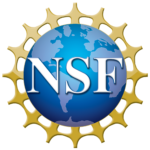
This project is supported by the United States National Science Foundation (NSF) through grant 1638186 (CRISP Type 2: Interdependencies in Community Resilience (ICoR): A Simulation Framework). Any opinions, findings, conclusions, and recommendations expressed on this site are those of the project team members and do not necessarily reflect the views of the NSF.

